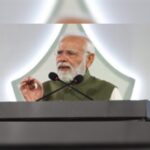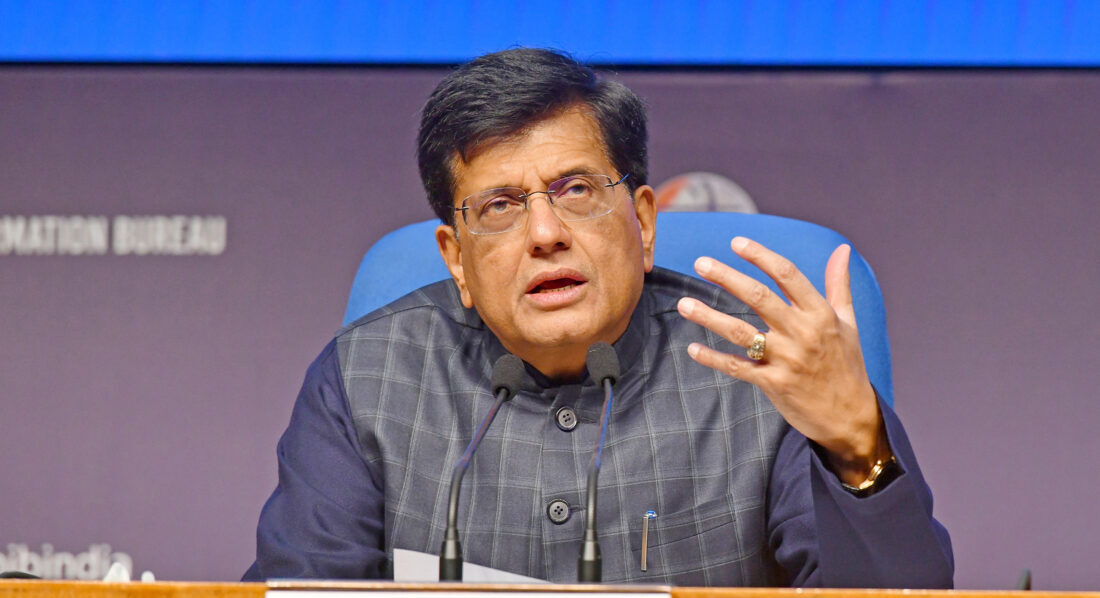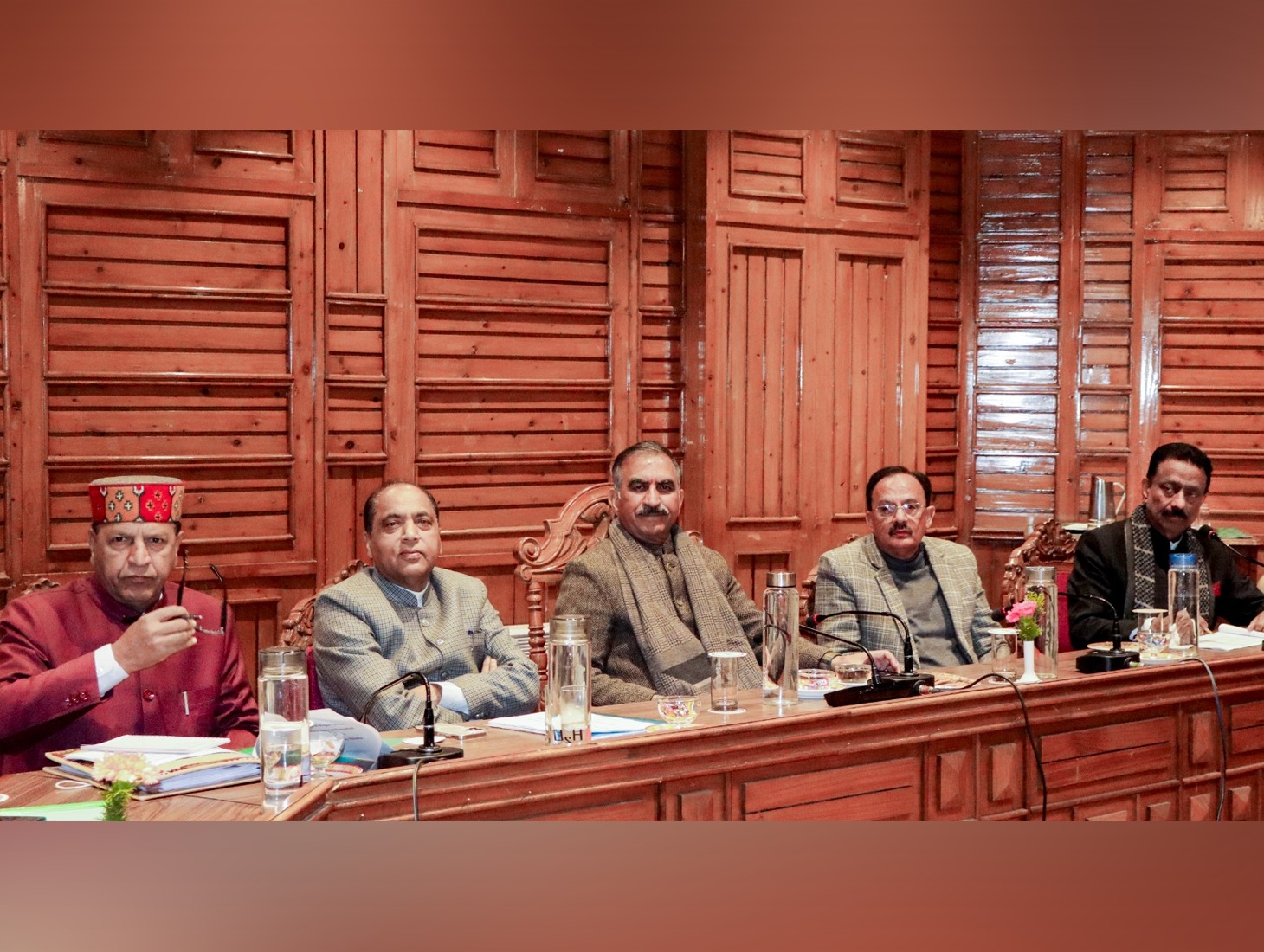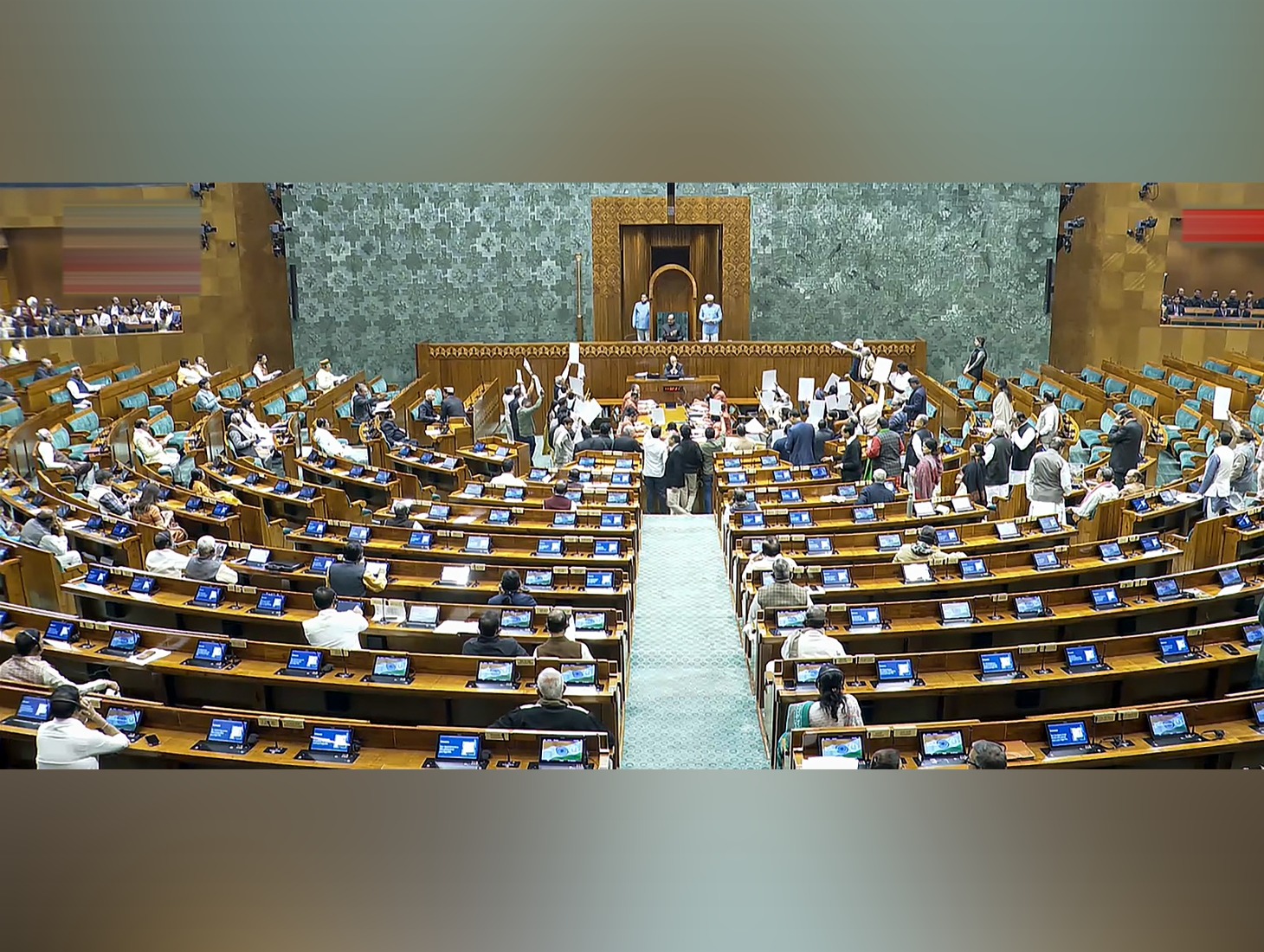The North News
New Delhi, February 21
India and Japan share a strategic partnership rooted in democracy, culture, and economic cooperation, Union Commerce and Industry Minister Piyush Goyal said at the India-Japan Economy and Investment Forum on Friday. Emphasizing the cultural bond between the two nations, Goyal noted that Japan’s Seven Lucky Gods have origins in Indian tradition. Comparing the relationship to a blend of “sushi and spices,” he said it combines distinct yet complementary strengths.
Japan has been a key economic partner for India, contributing over $43 billion in Foreign Direct Investment (FDI) between 2000 and 2024, making it the fifth-largest source of foreign investment. The Comprehensive Economic Partnership Agreement (CEPA), signed in 2011, has bolstered trade ties, with over 1,400 Japanese companies operating in India and 11 industrial townships dedicated to Japanese enterprises.
Goyal pointed to major infrastructure projects, including the Mumbai-Ahmedabad High-Speed Rail and metro systems in Delhi, Ahmedabad, Bengaluru, and Chennai, as evidence of Japan’s role in India’s development. He expressed optimism about the imminent launch of the Shinkansen bullet train.
The Minister credited Prime Minister Narendra Modi’s ‘Make in India’ initiative for boosting manufacturing, highlighting collaborations like Maruti’s vehicle exports to Japan. He reiterated India’s goal of raising manufacturing’s share of GDP to 25%, with Japan playing a key role.
Goyal emphasized India’s business-friendly reforms, infrastructure development, and research ecosystem, backed by recent budget measures. He also underscored the strength of India’s skilled workforce, noting that women account for 43% of STEM graduates.
Identifying five key drivers of India’s growth—decisive leadership, demographic dividend, democracy, diversity, and demand—he stated that large-scale investments will coexist with MSMEs to provide global solutions. On quality standards, Goyal highlighted Japan’s manufacturing excellence and India’s adoption of ‘Kaizen’ and Lean Six Sigma principles. He also called for balancing bilateral trade by increasing Indian exports.
Inviting Japanese investment in India’s growth story, he stressed opportunities in green energy, high-tech manufacturing, and artificial intelligence, asserting that digital technologies will be central to India’s economic progress.
















